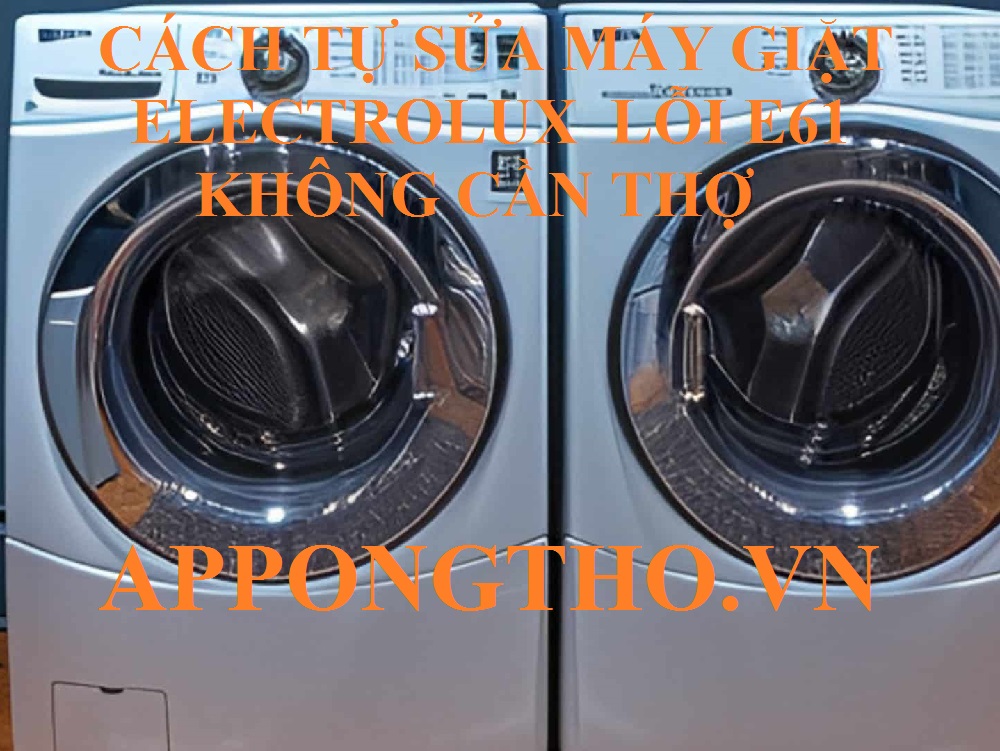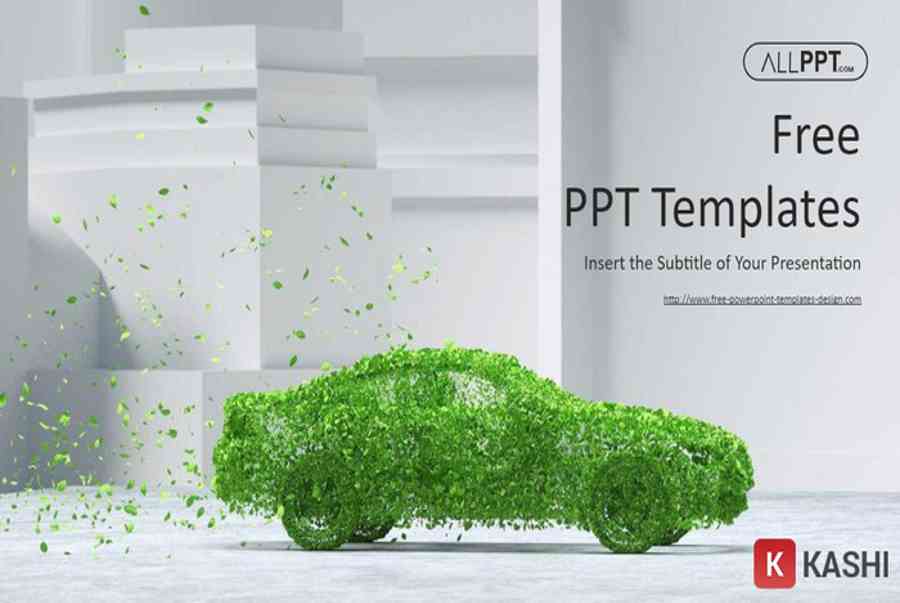Bài 1
Video hướng dẫn giải
1. Mark the stress on the correct syllables in the words. Then listen and repeat.
( Đánh dấu nhấn vào âm đúng mực trong những từ sau. Sau đó nghe lặp lại. )
|
Napalese
( người Napal )
|
athletic
( cường tráng )
|
economic
( thuộc kinh tế tài chính )
|
geography
( địa lí )
|
|
musical
( thuộc về âm nhạc )
|
technology
( công nghệ tiên tiến )
|
biology
( sinh học )
|
physical
( thuộc sức khỏe thể chất )
|
|
photography
( nhiếp ảnh )
|
referee
( trọng tài )
|
Japanese
( tiếng Nhật )
|
examinee
( thí sinh )
|
Lời giải chi tiết:
| Nepa’lese |
ath’letic |
eco’nomic |
ge’ography |
| ‘musical |
tech’nology |
bi’ology |
‘physical |
| pho’tography |
refe’ree |
Japa’nese |
exami’nee |
Bài 2
Video hướng dẫn giải
2. Complete each sentences with the suitable form of the word provided.
( Hoàn thành mỗi câu với hình thức tương thích của từ được cho. )
1. Technology will probably help to __________ natural disasters. ( prediction )
2. __________ monuments are always great attractions for visitors and tourists. ( icon )
3. Floods, tsunamis, droughts are examples of __________ disasters. ( nature )
4. Scotland is an interesting place to visit with its rich __________. ( cultural )
5. The victims of the __________ village were provided with food and medicine. ( flood )
6. This river will soon become __________ if the people here keep dumping waste into it. ( pollution )
Lời giải chi tiết:
|
1. predict
|
2. iconic
|
3. natural
|
|
4. culture
|
5. flooded
|
6. poluted
|
1. Technology will probably help to predict natural disasters.
( Công nghệ sẽ hoàn toàn có thể giúp Dự kiến được những thảm họa vạn vật thiên nhiên. )
Giải thích:
help + to V
predict ( v ) : Dự kiến
2. Iconic monuments are always great attractions for visitors and tourists.
( Đài tưởng niệm hình tượng luôn là điểm lôi cuốn cho khách thăm quan và du lịch. )
Giải thích:
Sau đó là danh từ ” monument ” nên ” icon ” chuyển thành tính từ để tạo thành cụm danh từ .
iconic ( adj ) : có tính hình tượng
3. Floods, tsunamis, droughts are examples of natural disasters.
( Lũ lụt, sóng thần, hạn hán là những ví dụ của thảm họa vạn vật thiên nhiên. )
Giải thích:
Trước danh từ ” disasters ” cần một tính từ để tạo thành cụm danh từ ( adj + Noun )
natural ( adj ) : thuộc về vạn vật thiên nhiên
4. Scotland is an interesting place to visit with its rich culture.
( Scotland là nơi mê hoặc để đến thăm với nền văn hóa truyền thống giàu phong phú của nó. )
Giải thích:
Sau tính từ chiếm hữu ” its ” phải là danh từ hoặc cụm danh từ. Sau tính từ ” rich ” cần một danh từ .
culture ( n ) : văn hóa truyền thống
5. The victims of the flooded village were provided with food and medicine.
( Những nạn nhân của ngôi làng bị ngập úng đã được phân phối thực phẩm và thuốc men. )
Giải thích:
Sau mạo từ ” the ” và trước danh từ ” village ” cần một tính từ .
flooded ( adj ) : bị lũ lụt
6. This river will soon become polluted if the people here keep dumping waste into it.
( Dòng sông sẽ trở nên ô nhiễm nếu con người ở đây vẫn cứ thải rác vào nó. )
Giải thích:
become + adj ( tính từ )
polluted ( adj ) : bị ô nhiễm
Bài 3
Video hướng dẫn giải
3. Match the definitions with their words.
( Nối những định nghĩa với những từ của nó. )
1. a very serious accident which causes a lot of death and destruction
2. a person, plant, or animal which comes from a particular land
3. a substance which makes air, water, soil, etc. dirty
4. what can happen to buildings in an earthquake
5. a place of natural or cultural interest
6. made dirty by adding poison or chemicals
|
a. an attraction
b. pollutant
c. a disaster
d. contaminated
e. collapse
f. a native
|
Lời giải chi tiết:
|
1 – c
|
2 – a
|
3 – f
|
4 – b
|
5 – d
|
6 – e
|
1. a very serious accident which causes a lot of death and destruction – a disaster
( một tai nạn thương tâm rất nghiêm trọng mà gây ra nhiều cái chết và sự tàn phá – thảm họa )
2. a person, plant, or animal which comes from a particular land – a native
( một người, cây, hoặc động vật hoang dã đến từ một vùng đất đặc biệt quan trọng – địa phương )
3. a substance which makes air, water, soil, etc. dirty – pollutant
( một chất mà làm cho không khí, đất … bị bẩn – chất gây ô nhiễm )
4. what can happen to buildings in an earthquake – collapse
( điều hoàn toàn có thể xảy ra cho tòa nhà trong trận động đất – sụp đổ )
5. a place of natural or cultural interest – an attraction
( một nơi có sự mê hoặc về văn hóa truyền thống hoặc vạn vật thiên nhiên – điểm lôi cuốn )
6. made dirty by adding poison or chemicals – contaminated
( bị làm bẩn bằng cách thêm chất độc hoặc hóa chất – bị ô nhiễm )
Bài 4
Video hướng dẫn giải
4. Choose the correct answer A, B, C, or D to complete the sentences.
( Chọn câu vấn đáp đúng A, B, c hoặc D để triển khai xong câu. )
1. Our city ___________ from different kinds of pollution : water, air and noise .
A. is suffering
B. are suffering
C. suffer
D. had suffered
2. Several tropical storms ___________ our country recently .
A. struck
B. have struck
C. are striking
D. strike
3. The victims on the roofs of the houses ___________ with food and water by the rescue team .
A. provided
B. will be provide
C. were provided
D. had provided
4. If we ___________ soon, the pollution will get much worse .
A. don’t act
B. didn’t act
C. will not act
D. hadn’t acted
5. I learnt from the news on TV that the earthquake ___________ hundreds of houses .
A. destroys
B. were destroyed
C. had destroyed
D. are destroying
6. Look at your weekly schedule. Your presentation on visual pollution ___________ at 9.45. Don’t be late please .
A. is starting
B. starts
C. had started
D. has started
Lời giải chi tiết:
|
1. A
|
2. B
|
3. C
|
4. A
|
5. C
|
6. B
|
1. A
Our city is suffering from different kinds of pollution: water, air and noise.
( Thành phố tất cả chúng ta đang chịu những loại ô nhiễm khác nhau. )
Giải thích: Câu nhấn mạnh vào những hậu quả đang diễn ra trước mắt => hiện tại tiếp diễn
2. B
Several tropical storms have struck our country recently.
( Vài cơn bão nhiệt đới gió mùa đã đánh vào quốc gia ta gần đây. )
Giải thích: recently (gần đây) => dấu hiệu của thì hiện tại hoàn thành
3. C
The victims on the roofs of the houses were provided with food and water by the rescue team.
( Những nạn nhân trên mái nhà đã được phân phối thực phẩm và nước uống bởi đội cứu hộ cứu nạn. )
Giải thích: Sự việc đã diễn ra và kết thúc trong quá khứ => quá khứ đơn
4. A
If we don’t act soon, the pollution will get much worse.
( Nếu tất cả chúng ta không hành vi sớm, việc ô nhiễm sẽ tệ hơn nữa. )
Giải thích: Câu điều kiện loại I: If + S + V(hiện tại đơn), S + will + V.
5. C
I learnt from the news on TV that the earthquake had destroyed hundreds of houses.
( Tôi đã biết tin tức từ ti vi về trận động đất hủy hoại hàng trăm ngôi nhà. )
Giải thích: Câu tường thuật: quá khứ đơn => quá khứ hoàn thành
6. B
Look at your weekly schedule. Your presentation on visual pollution starts at 9.45. Don’t be late please.
( Nhìn vào thời khóa biểu hàng tuần của bạn. Bài thuyết trình về ô nhiễm tầm nhìn của bạn khởi đầu lúc 9 : 45. Đừng trễ nhé. )
Giải thích: Động từ ở hiện tại diễn tả ý nghĩa cho một sự kiện đã được lên lịch trong tương lai.
Bài 5
Video hướng dẫn giải
5. Use the verbs in brackets in the correct form to complete the conditional sentences.
( Sử dụng những động từ trong ngoặc đơn ở thể đúng chuẩn để hoàn thành xong câu điều kiện kèm theo. )
1. If trees ________ enough water and sunlight, they ________ well. ( get / grow )
2. If today ________ Sunday, we ________ like this. ( be / not have to work )
3. If I ________ a city to visit, I ________ to San Francisco. It’s my dream. ( can choose / go )
4. If we ________ soon, we ________ that forest in five years. ( not act / lose )
5. If there ________ no water and air, there ________ no life on earth. ( be / be )
6. If everybody ________ solar energy, there ________ much less pollution. (use/ be)
Phương pháp giải:
Câu điều kiện loại I: If + S + V(hiện tại đơn), S + will + V.
Câu điều kiện loại II: If + S + V(quá khứ đơn), S + would + V.
Lời giải chi tiết:
|
1. get ; will grow
|
2. was / were ; wouldn’t have to work
|
|
3. could choose ; would go
|
4. don’t act ; will lose
|
|
5. was / were ; would be
|
6. used ; would be
|
1. If trees get enough water and sunlight, they will grow well.
( Nếu những cái cây có đủ nước và ánh sáng mặt trời, chúng sẽ lớn tốt. )
2. If today was / were Sunday, we would not have to work / wouldn’t have to work like this.
( Nếu ngày hôm nay là ngày Chủ nhật, chúng tôi sẽ không phải thao tác như thế này. )
3. If I could choose a city to visit, I would go to San Francisco. It’s my dream.
( Nếu tôi hoàn toàn có thể chọn thành phố để thăm, tôi sẽ đi San Francisco. Nó là giấc mơ của tôi. )
4. If we don’t act soon, we will lose that forest in five years.
( Nếu tất cả chúng ta không hành vi sớm, tất cả chúng ta sẽ mất khu rừng đó trong 5 năm tới. )
5. If there was / were no water and air, there would be no life on earth.
( Nếu không có nước và không khí, sẽ không có sự sống trên Trái Đất. )
6. If everybody used solar energy, there would be much less pollution.
( Nếu mọi người sử dụng nguồn năng lượng mặt trời, sẽ có ít ô nhiễm hơn. )
Bài 6
Video hướng dẫn giải
6. Choose the correct voice to complete the sentences.
( Chọn dạng đúng của động từ để hoàn thành xong những câu. )
1. Food and medical supplies have sent / have been sent to the victims of the hurricane .
2. Last week, the community organised / was organised several activities to raise money for the wounded in the earthquake .
3. Great Britain makes up / is made up of England, Scotland and Wales .
4. Water pollution causes / is caused mainly by industrial waste and sewage from households .
5. Canberra chose / was chosen as the capital of nước Australia in 1908 .
6. Urbanisation is happening so fast. Tall buildings have replaced / have been replaced paddy fields and pastures .
Lời giải chi tiết:
|
1. have been sent
|
2. organised
|
3. is made up
|
|
4. is caused
|
5. was chosen
|
6. have replaced
|
1. Food and medical supplies have been sent to the victims of the hurricane.
( Thực phẩm và thuốc đã được gửi đến cho những nạn nhân của cơn bão. )
2. Last week, the community organised several activities to raise money for the wounded in the earthquake.
( Tuần rồi, hội đồng đã tổ chức triển khai vài hoạt động giải trí để quyên góp tiền cho những người bị thương trong trận động đất. )
3. Great Britain is made up of England, Scotland and Wales.
( Anh Quốc được hình thành bởi nước Anh, Scotland và Wales. )
4. Water pollution is caused mainly by industrial waste and sewage from households.
( Ô nhiễm nước đa phần bị gây ra bởi chất thải công nghiệp và chất thải từ hộ mái ấm gia đình. )
5. Canberra was chosen as the capital of Australia in 1908.
( Canberra được chọn là Thành Phố Hà Nội của ức vào năm 1908. )
6. Urbanisation is happening so fast. Tall buildings have replaced paddy fields and pastures.
( Đô thị hóa đang xảy ra nhanh gọn. Những tòa nhà cao tầng liền kề đã sửa chữa thay thế những cánh đồng và những đồng cỏ. )
Bài 7
7. Match the sentences in A with replies in B.
( Nối những câu trong phần A với câu vấn đáp trong phần B. )
1. How’s your visit to the Grand Canyon ?
2. Last Sunday our group spent nearly a whole day cleaning the beach .
3. Have you heard about the fire in the ABC shopping centre ?
4. Alaska and Hawaii share no borders with the other states in the USA .
5. Look, Phong. There are two rainbows in the sky .
6. How about organising a Clean Day for our school ?
|
A. Awesome. You are helping to reduce pollution .
B. Why so ?
C. No. I had no idea about that .
D. Oh yeah ! I can’t believe it .
E. Thrilling. I’ve never seen such an amazing place .
F. Good idea. How should we start ?
G. No ! Was anybody hurt ?
|
Lời giải chi tiết:
|
1 – e
|
2 – a
|
3 – g
|
4 – b
|
5 – d
|
6 – f
|
1 – e. How’s your visit to the Grand Canyon? – e. Thrilling. I’ve never seen such an amazing place.
( Chuyến thăm của bạn đến hẻm núi lớn như thế nào ? – Ly kỳ. Mình chưa khi nào thấy một nơi nào tuyệt vời như vậy. )
2 – a. Last Sunday our group spent nearly a whole day cleaning the beach. – Awesome. You are helping to reduce pollution.
( Chủ nhật rồi nhóm chúng tôi đã dành gần như cả ngày để dọn bãi biển. – Tuyệt vời. Bạn đang giúp làm giảm sự ô nhiễm. )
3 – g. Have you heard about the fire in the ABC shopping centre? – No! Was anybody hurt?
( Bạn có nghe vụ cháy ở TT shopping ABC chưa ? – Chưa. Có ai bị thương không ? )
4 – b. Alaska and Hawaii share no borders with the other states in the USA. – Why so?
( Alaska và Hawaii không cùng biên giới với những bang khác ở Mỹ. – Sao lại thế nhỉ ? )
5 – d. Look, Phong. There are two rainbows in the sky. – Oh yeah! I can’t believe it.
( Nhìn này, Phong. Có 2 cầu vồng trên trời. – Ồ, mình không thể nào tin nổi. )
6 – f. How about organising a Clean Day for our school? – Good idea. How should we start?
( Việc tổ chức triển khai một ngày thật sạch cho trường tất cả chúng ta thì sao ? – Ý kiến hay. Chúng ta khởi đầu như thế nào ? )







